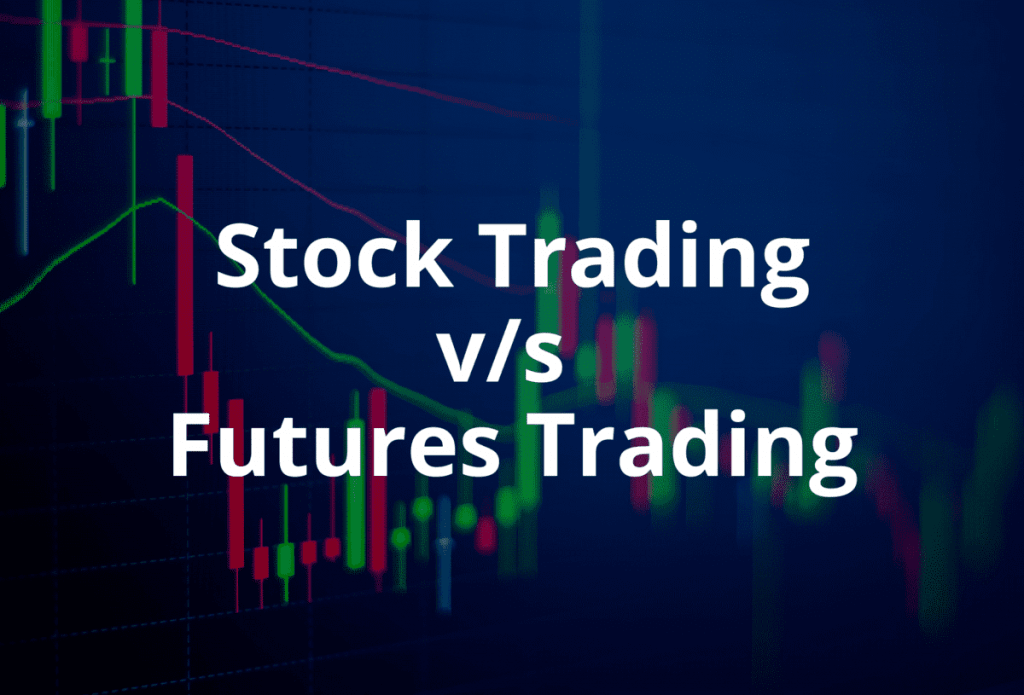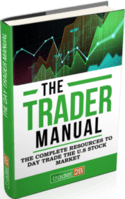Stocks V/s Futures? Which one is better than the other? There are many types of securities, but the ones that draw the most attention today traders are stocks and futures. Let’s compare both and try to determine a winner?
Stocks are shares of public companies that trade on major exchanges and represent ownership of those companies. As companies perform well, the price of their stock increases allowing for investors to earn a profit. These types of securities are traded daily, and on average, about 6 billion shares are exchanged on any given day. That leads to a lot of potential opportunities. Additionally, the list of publicly traded stocks is enormous, allowing investors to choose from many different sectors and industries.
Futures on the other hand are agreements to buy or sell “something” at a predetermined price at a specified time in the future. Oil, Gas, Corn, Hog, Currency, Precious metals are just a few examples of commonly traded futures. For example; if I rise and sell hogs, I may lock in a price today, by purchasing a futures contract, so I can guarantee a specific price when I am ready to sell my hogs. One downside with futures is the volume traded. With an average of 300k contracts daily, there are limited opportunities
Pros & Cons
Volume is one of the largest components when day trading. How many shares of a company are being bought or sold? Is volume for the stock increasing or decreasing? Paying attention to this variable can help traders reinforce a particular strategy that may be unfolding. It is common knowledge in the trading world that a break out of a securities price is only as strong as its volume. Weak volume on a break out typically leads to a quick reversal or false breakout, while high volume breakouts provide stronger indicators of continued upward momentum. If this concept is new, you should certainly read some training manuals. As mentioned above, stocks are better than futures in this area because of the volume traded. 6 billion shares vs 300k future contracts is an extreme difference.
Another pain point for futures is the limited scope of opportunities you can trade. Commodities, Index’s, Currency, Precious Metals, U.S. Treasuries round up the primary volume of future contracts which leads to limited opportunities for making a profit. Not only because you have a fewer selection of securities, but the volume traded on these limits the chance for big profits and can provide difficult for day traders to be successful. Then again, most futures are traded by major corporations looking to hedge their investment, either to eliminate exchange rate risk or ensure a specific selling price. Stocks again tend to be better in this area, because of the diverse market place that is available. Whether you wish to invest in healthcare, the latest vaccine, cancer research, or do you prefer to invest in technology, maybe you are more interested in real estate. Stocks provide a much broader range of options for investing and give traders the chance to turn a profit.
Trading Tools
Whether you are trading stocks or futures, it is important for everyday trader to have the right tools handy for the job. While there are various options out there, one player on the field that is taking day trading to the next level is trader2B. They offer everything that a new or experienced smart-funded trader will need. Whether is their real-time stock market simulator, which allows traders to test and utilize the trader2B proprietary trading algorithms, or their extensive library of free educational videos, they offer every resource a trader could need to be successful. Even 1-on-1 consulting for traders who wish to discuss and review trading strategies and performance. Stocks V/s Futures; which type of security do you prefer to trade? Let us know in the com





